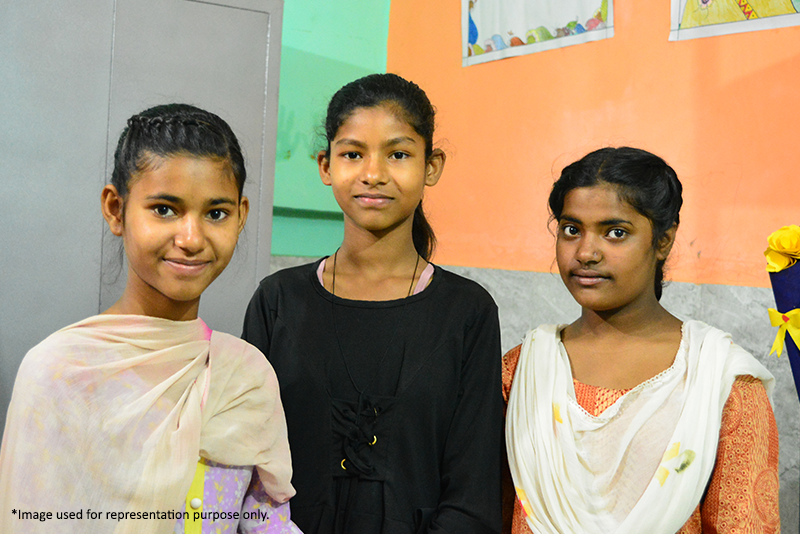
Mental health challenges faced by children: Breaking the silence
Have you ever wondered what it’s like to be a child who can’t express their feelings? According to World Health Organization (WHO), 1 in 4 ch....
Read More
In India, menstruation continues to be an invisible barrier that silently pushes millions of girls out of school. With limited access to sanitary products, inadequate sanitation facilities, and the weight of societal taboos, many girls are forced to stay home during their periods. What should be a natural part of life becomes a source of shame, derailing their education and future opportunities. Addressing menstrual hygiene is not just about breaking stigmas, it is about ensuring that no girl’s education is cut short by something as basic as her biological cycle.
The limited access to proper menstrual hygiene management in schools across the country is alarming. Many schools do not have separate toilets for girls, let alone facilities where they can change and dispose of sanitary pads safely and privately. Without these basic amenities, girls are often left with no choice but to miss school, falling behind in their studies. Over time, these missed days add up, and the gap between their peers widens, leading to complete withdrawal from education. This disruption to their learning impacts their long-term prospects, trapping them in a cycle of inequality.
Moreover, the cost of sanitary products remains a huge hurdle for many girls from low-income families. Unable to afford pads, they resort to unsafe alternatives such as old clothes or even leaves, which can cause infections and health complications. These challenges highlight the urgent need to make sanitary products affordable and accessible to all girls. It is imperative to prioritize the distribution of free or subsidized sanitary products in schools and communities to ensure that no girl has to miss school because of her period.
Equally important is the need to address the deep-rooted taboos and misconceptions surrounding menstruation. In many parts of India, menstruation is still seen as a source of impurity and shame, with girls being excluded from normal activities or even isolated during their periods. This stigma reinforces the idea that menstruation is something to hide, creating an environment of silence and embarrassment that further discourages girls from attending school. Breaking this silence through open discussions about menstrual health is critical in normalizing the conversation and empowering girls to manage their periods with confidence and dignity.
At CRY UK, we recognize that addressing menstrual hygiene is vital to ensuring that girls stay in school and complete their education. We are committed to working with communities, schools, and policymakers to improve sanitation facilities, provide access to menstrual hygiene products, and raise awareness about the importance of menstrual health. Ensuring proper menstrual hygiene is not just a matter of health, it’s a matter of equality, dignity, and opportunity for girls to thrive in schools and beyond.